However, his identity and origins have proved frustratingly elusive - until now. I have established that he used a false first name throughout his football career, and can finally fill in the gaps in his life story. I can also confirm that he was not Scottish, having been born and brought up in Woolwich.
There had been an important clue to Gibson's identity in the French press after he left the country in the mid 1930s. He was reported to be working back in England a 'jardinier', ie a gardener or groundsman. This tallied with the cutting below, which described how Gibson had gone from Woolwich to Barcelona as a professional footballer in 1911 - the exact year that 'Victor' Gibson had gone there on tour with Plumstead, and stayed on to play for Espanyol. And what is more, he is now working as a groundsman.
In 1939, the year after his divorce, Arthur Gibson married a French woman, Juliette Muller - it appears they were partners in France while he lived there as they had a daughter, Jeanne - and they continued to live in Ruislip until his death in 1958, aged 69. By then she had become a naturalised British citizen and she was, naturally, named in his will.
Also, neither he nor his first wife have yet been found in the 1911 census, although it seems clear that they should have been in Woolwich at the time. The census was taken just a few weeks before Plumstead FC, an amateur select, embarked on their tour to France and Spain. Gibson, along with team-mates Frank Allack and William Hodge, remained in Barcelona after the tour and all of them played for Espanyol. A year later, Gibson was persuaded to join Olympique Cettois in France, the club which later became FC Sète. There is a persistent story that Sète play in green and white hoops because Gibson was a Celtic supporter, but that can clearly be discounted.
He was with the club for 12 years and took them to two French Cup finals (both lost), in 1923 and 1924, playing in the latter. Then he had five successful years coaching Marseille (cup victories in 1926 and 1927), a similar time with newly-formed Sochaux Montbéliard, and concluded in 1935 after a farewell year with Hispanola-Bastidienne in Bordeaux.
The man from Woolwich was a key figure in the history of FC Sète, Olympique de Marseille and Sochaux, among others, and deserves a place in the French football hall of fame now that the mystery of 'Victor' Gibson has been solved.
Born 18 July 1888 in Woolwich, Kent.
Died 8 April 1958 at Harefield Hospital, Middlesex.
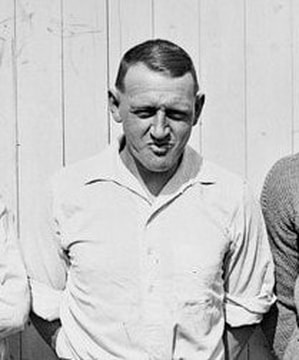
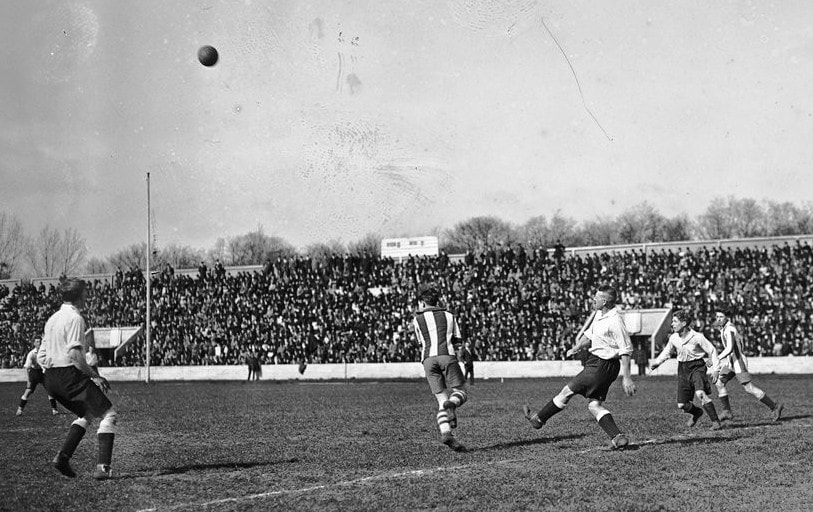
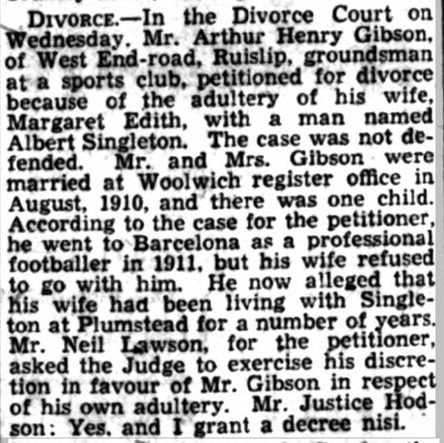

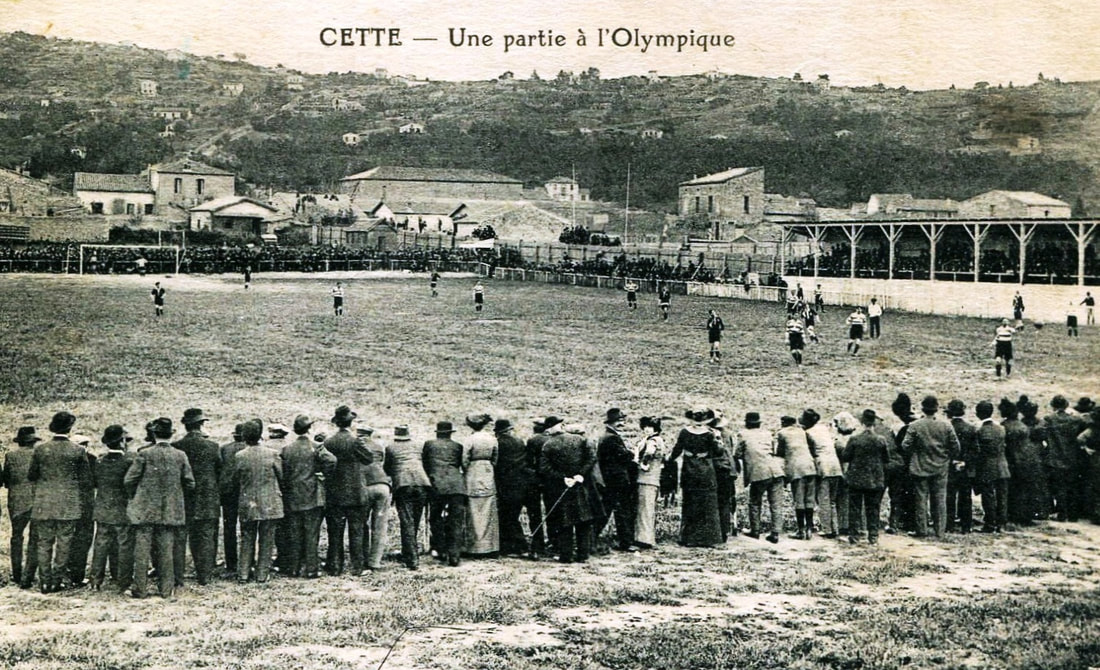
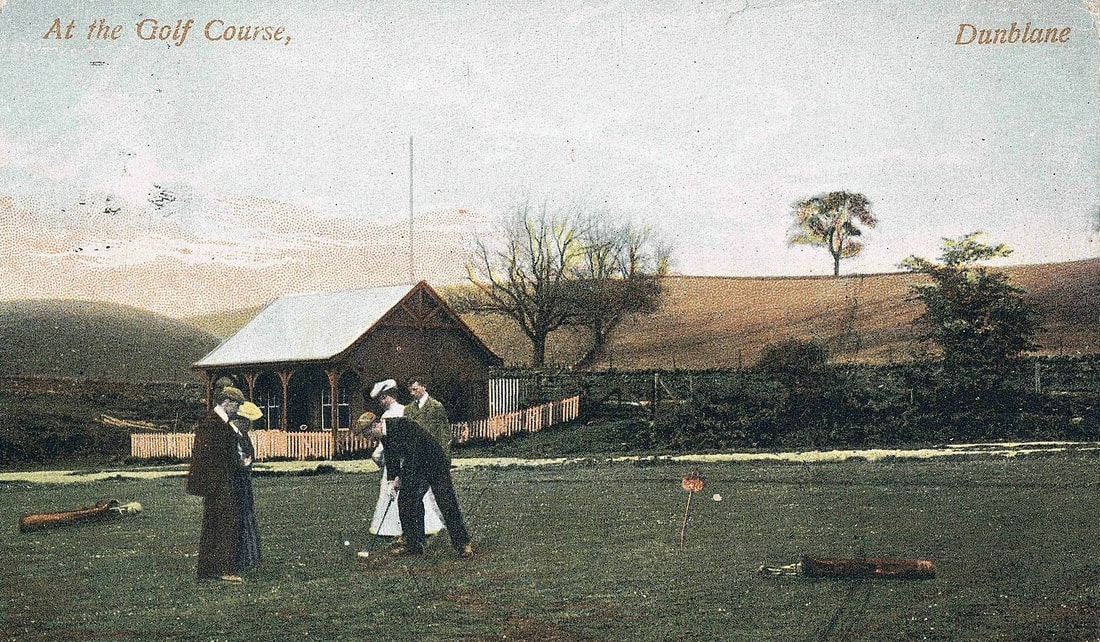
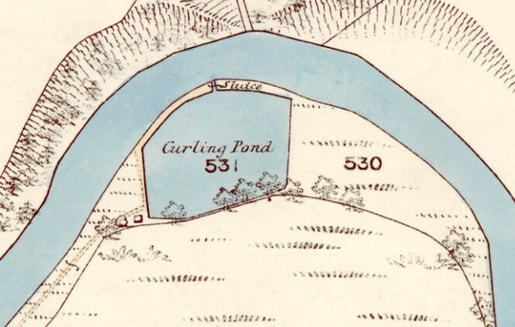
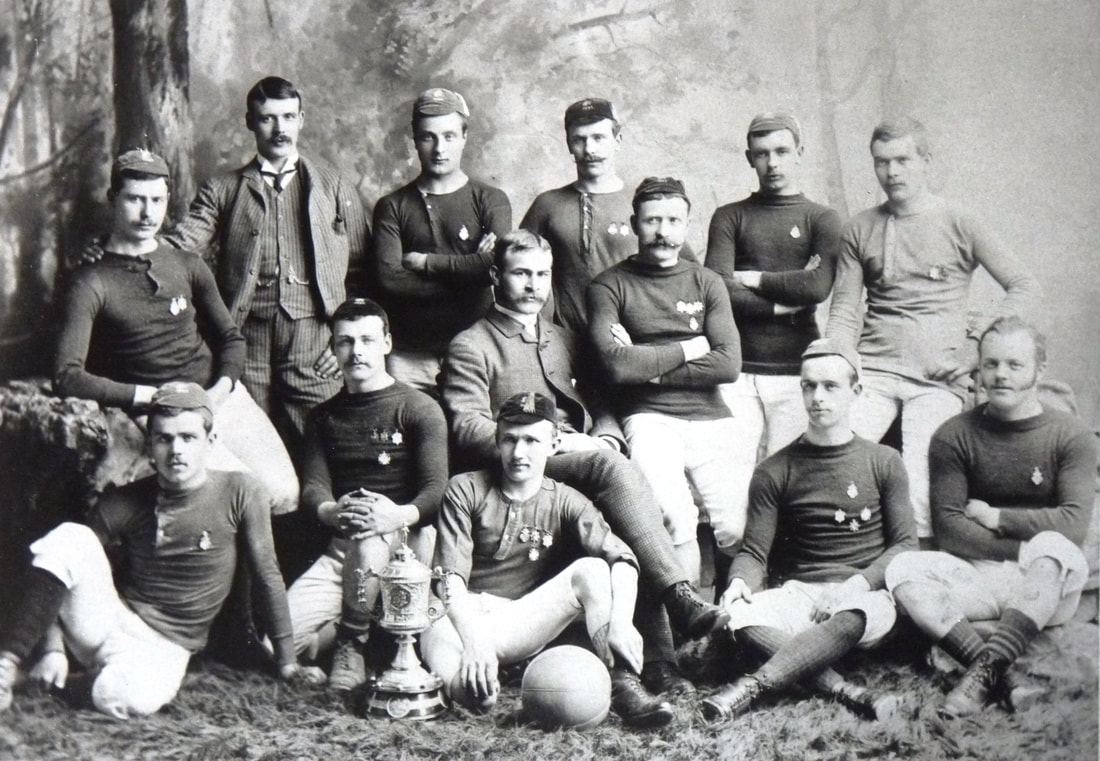
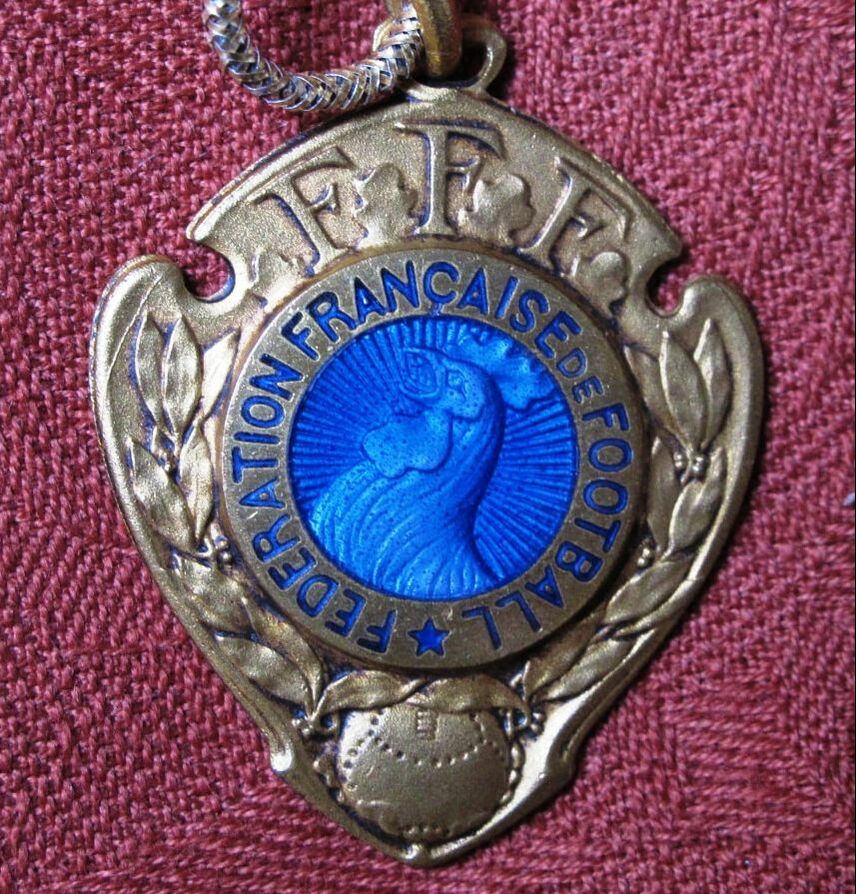
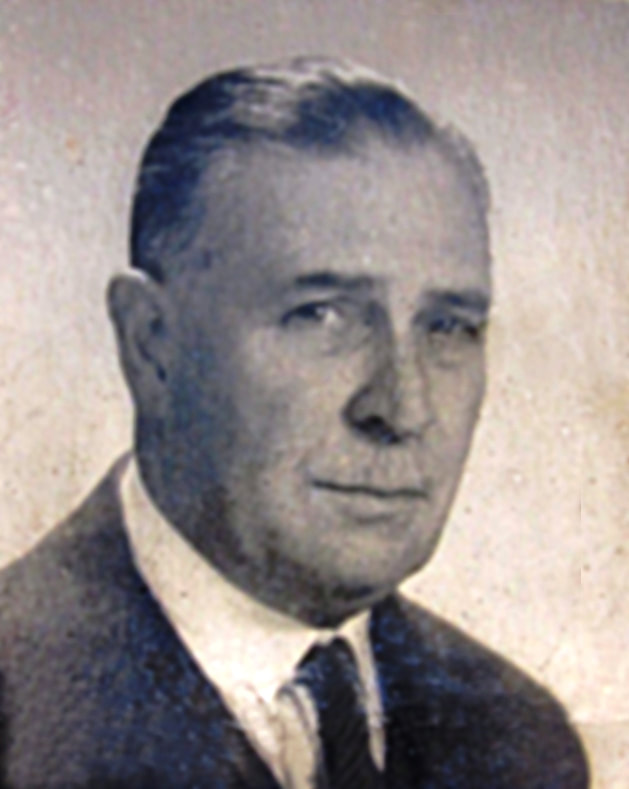
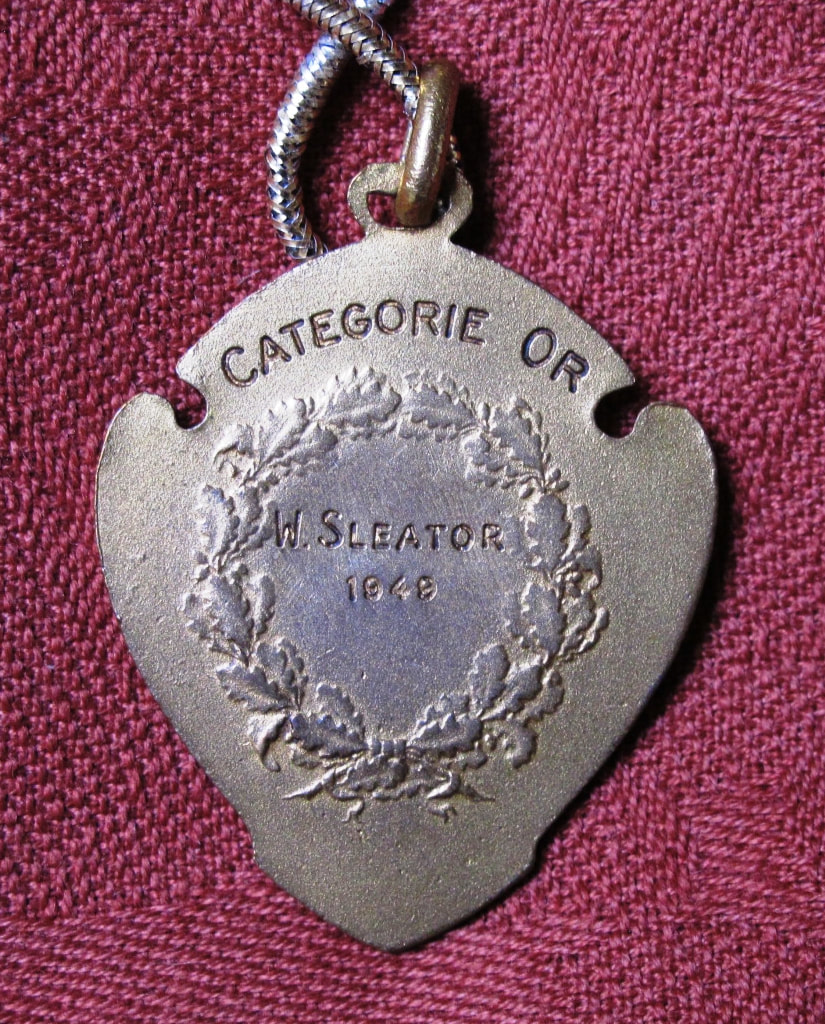
 RSS Feed
RSS Feed